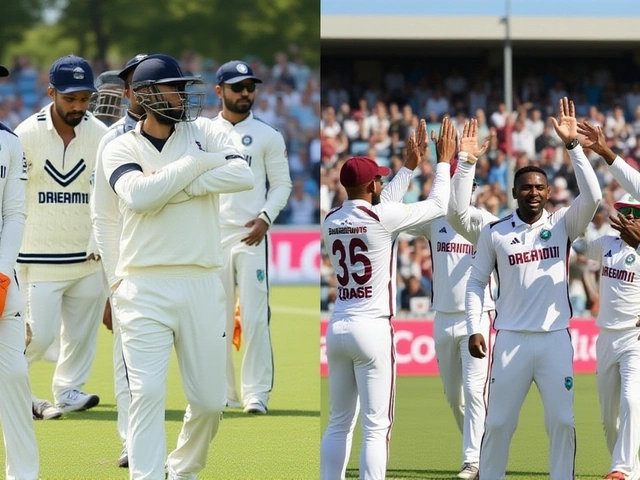Alcohol: What You Need to Know Before Your Next Drink
Did you know that a single standard drink can change how your brain works in just minutes? Alcohol isn’t just a party accessory – it has real effects on your body, mind, and daily life. Understanding those effects helps you decide when and how much to drink without feeling guilty or risking health problems.
How Alcohol Affects Your Body
When you sip a drink, alcohol quickly spreads through your blood and reaches your brain. You may feel relaxed, a bit more talkative, or even a little dizzy. That’s because alcohol slows down the brain’s communication pathways. The liver works hard to break down the alcohol, but it can only handle about one standard drink per hour. Anything more piles up, leading to hangovers, slower reaction times, and, over time, damage to the liver, heart, and even your skin.
Smart Drinking: Tips to Stay in Control
First, know what a "standard drink" looks like – roughly 355 ml of beer, 150 ml of wine, or 45 ml of spirits. Measuring your drinks helps you keep track of how much you’ve had. Second, eat food before and while you drink. Food slows alcohol absorption, so you stay steadier. Third, stay hydrated with water between drinks; it cuts down on hangover symptoms and keeps you alert.
If you’re planning to drive, the safest bet is to skip alcohol altogether. Even a small amount can impair judgment and reaction speed. Use a ride‑share app, public transport, or a designated driver. And remember, tolerance isn’t a free pass – regular heavy drinking can lead to dependence, making it harder to quit later.For those who want to cut back, setting a limit before you start helps. Write it down, stick to it, and celebrate when you meet the goal. If you find it tough, reach out to friends or a health professional. Many people benefit from support groups or counseling to manage drinking habits.
Lastly, be aware of the social side of alcohol. Peer pressure can push you to drink more than you intended. Learning to say "no" confidently protects your health and respects your boundaries. You don’t have to join every toast – a simple "I’m good, thanks" works just fine.
Alcohol can be enjoyable when you understand its impact and respect your limits. Use these practical tips to make smarter choices, stay safe, and keep the good times rolling without regret.

Why are drunk people always in the mood for violence?
- Date: 31 Jan 2023
- Author: Aarav Khatri
Alcohol consumption often leads to aggression and violent behaviour. When people are drunk, they are more likely to act impulsively and to be more emotionally unstable. They may become more hostile, act aggressively and be more likely to become involved in physical fights or other forms of violence. This is because alcohol weakens people's inhibitions, allowing them to act impulsively and without thinking through the consequences.




